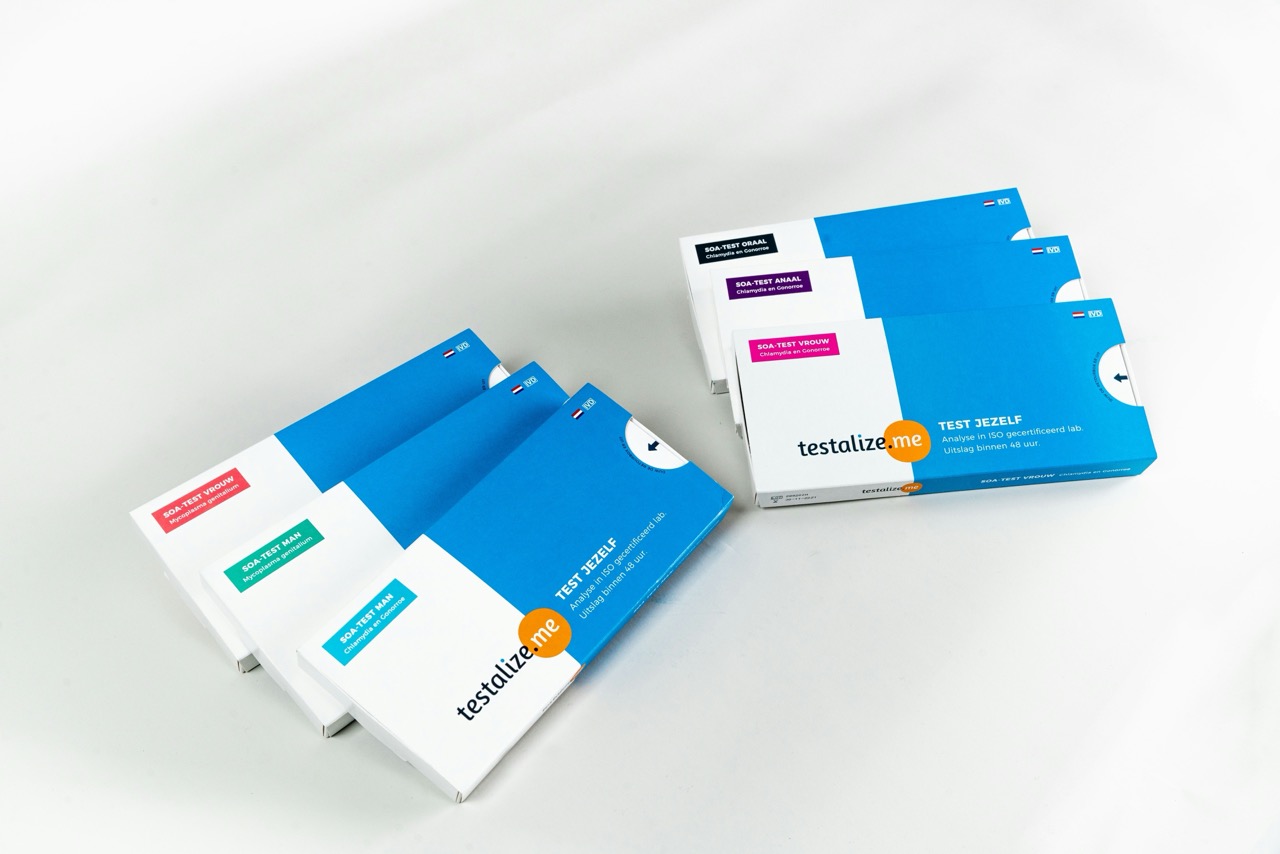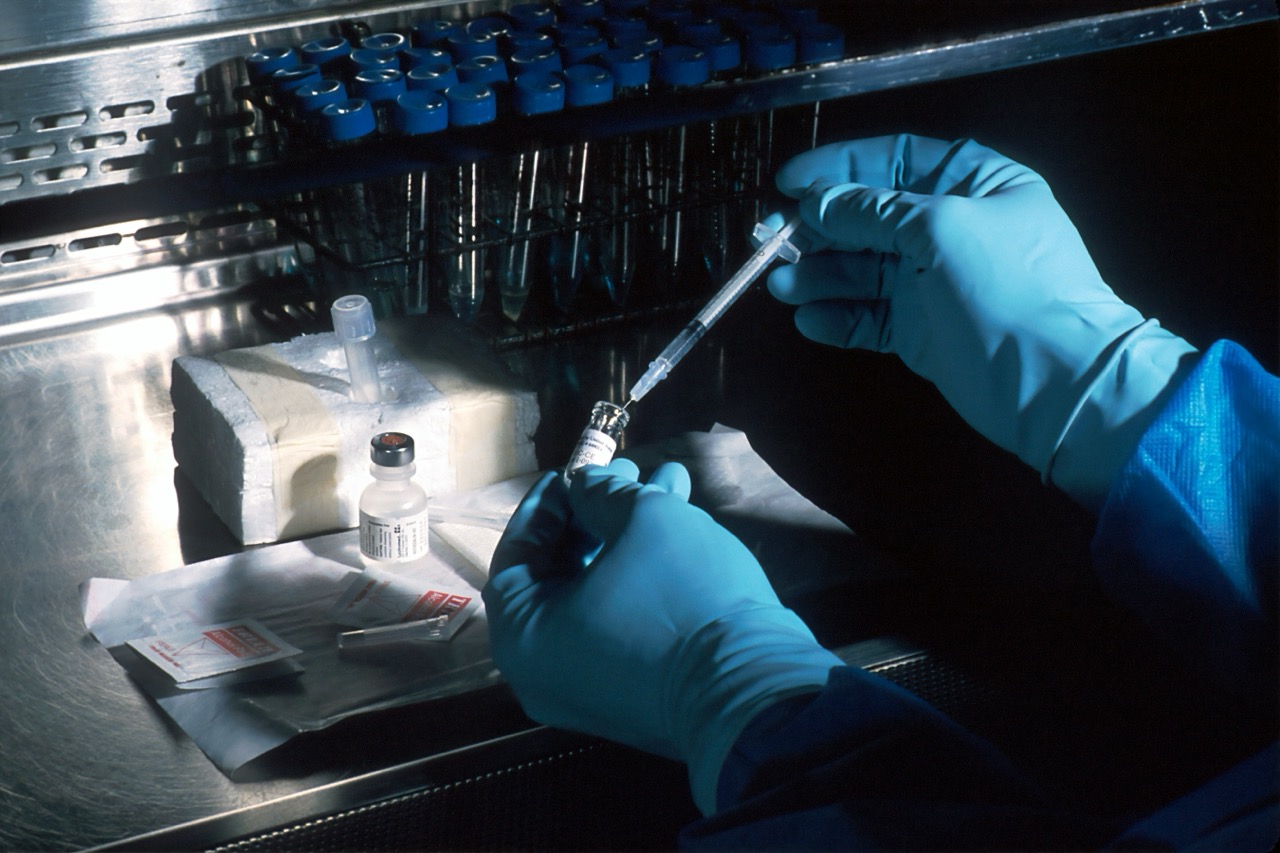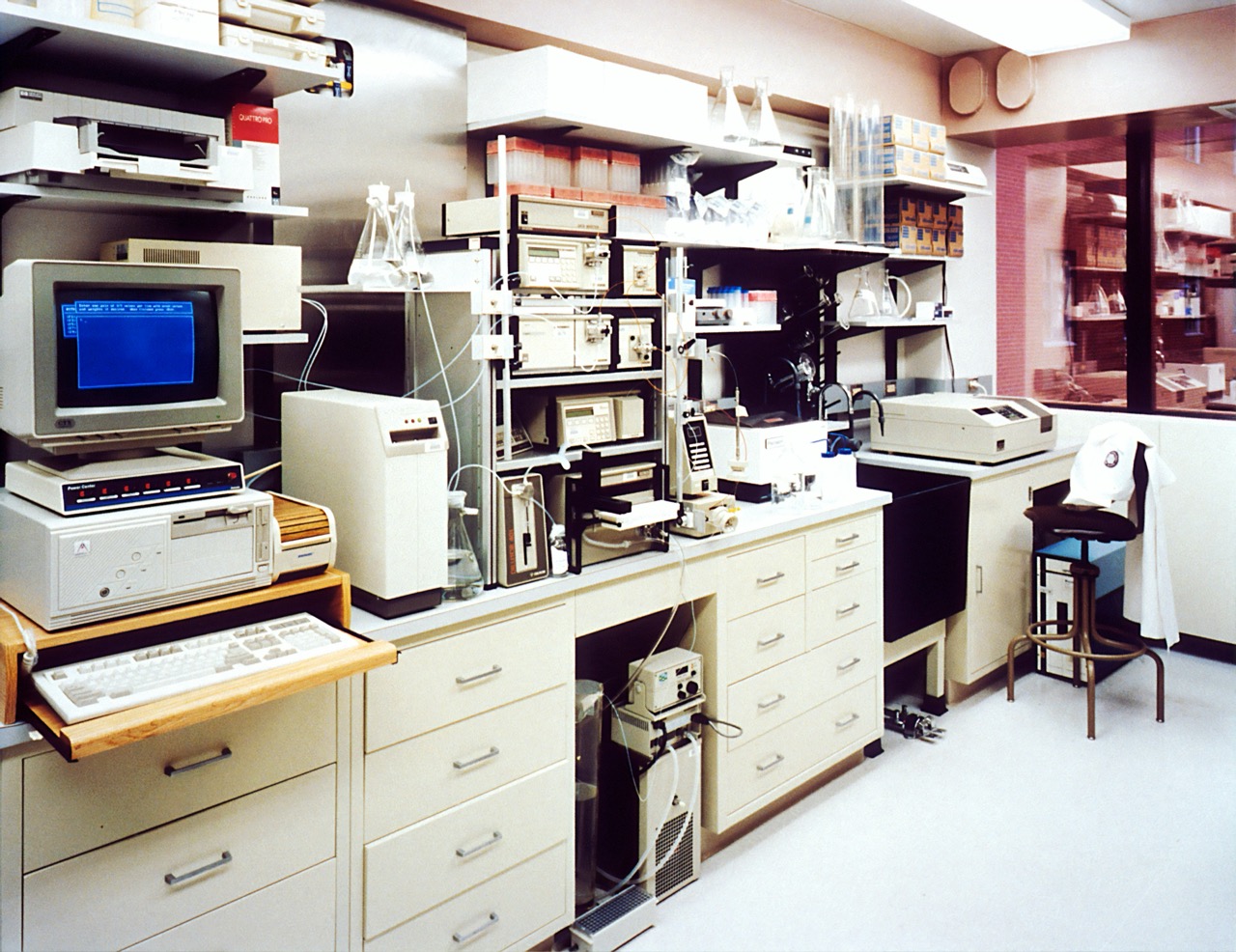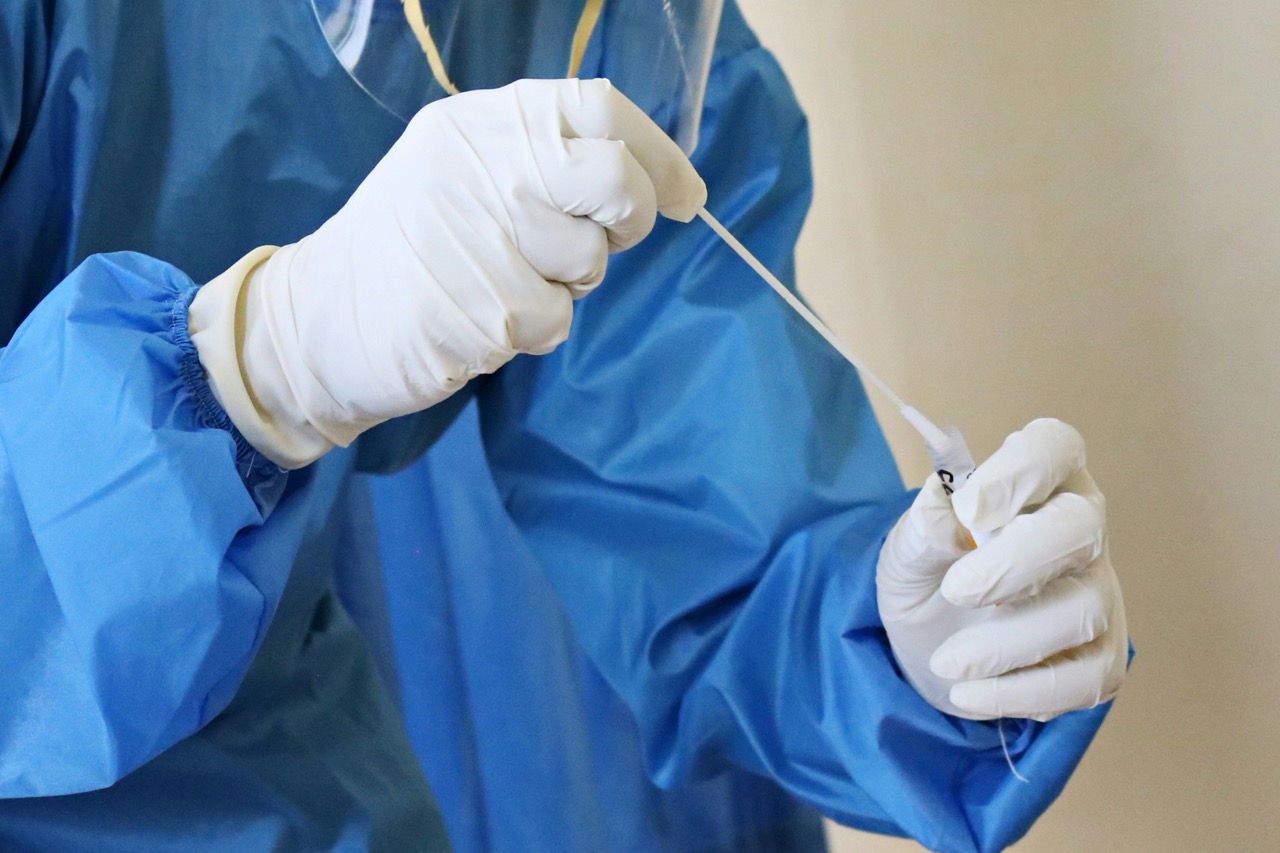Human Papillomavirus (HPV) is one of the most common sexually transmitted infections (STIs) globally, with various types leading to different health concerns, including cervical cancer and other anogenital cancers. Diabetes, a chronic condition that affects how the body processes glucose, has been linked to several health complications, including weakened immune responses. This article explores the connection between HPV and diabetes, examining how diabetes may influence HPV infection outcomes and offering strategies for managing HPV risk in diabetic patients.
Understanding HPV: Types, Transmission, and Risks
HPV encompasses over 200 related viruses, categorized into low-risk and high-risk types. Low-risk HPV types can cause benign warts and lesions, while high-risk types are responsible for the majority of cervical cancers and other malignancies, such as oropharyngeal and anal cancers. HPV is primarily transmitted through intimate skin-to-skin contact, often during vaginal, anal, or oral sex. Importantly, many people with HPV are asymptomatic, which allows the virus to spread unknowingly.
The risks associated with HPV infection are significant. While most HPV infections are cleared by the immune system within a couple of years, persistent infections with high-risk types can lead to cellular changes and eventually cancer. Vaccination against HPV has proven effective in preventing infections with the most common high-risk types, thereby reducing the incidence of related cancers. However, access to vaccination and screening can vary greatly, affecting the overall risk of HPV-related diseases.
In addition to individual sexual health practices, factors such as smoking, immunosuppression, and chronic diseases may influence HPV risk. Understanding these factors is crucial, especially for populations that may already be at risk due to existing health conditions, such as diabetes.
The Link Between Diabetes and Immune Function
Diabetes, particularly when poorly managed, can significantly impact the immune system. Elevated blood sugar levels can impair the function of white blood cells, which are crucial in the body’s defense against infections, including viral infections like HPV. This compromised immune response can make individuals with diabetes more susceptible to infections and less capable of clearing viruses from their systems.
Moreover, diabetes is associated with chronic inflammation and alterations in immune signaling pathways. These changes can lead to a decreased ability to recognize and respond effectively to viral infections, including HPV. Consequently, individuals with diabetes may experience a greater risk of persistent HPV infections, which increases the likelihood of developing related health complications.
Additionally, the presence of diabetes-related complications, such as neuropathy or vascular diseases, may further complicate the management of HPV. These complications can hinder regular health screenings and preventive measures, leaving diabetic individuals at a higher risk for untreated HPV infections and their potential consequences.
How Diabetes Affects HPV Infection Outcomes
Research indicates that individuals with diabetes may have poorer outcomes following HPV infections. The compromised immune response linked to diabetes can lead to a higher likelihood of persistent HPV infections, which are crucial precursors to the development of cancer. Studies have shown that women with diabetes may have an increased risk of cervical cancer compared to those without the condition.
This relationship may also extend to the effectiveness of HPV vaccinations. Some studies suggest that diabetic patients may have a suboptimal response to vaccines, which could diminish the protective effects against HPV. This underscores the importance of close monitoring and follow-up for vaccinated individuals with diabetes, as they may need additional support to achieve adequate immune protection.
Furthermore, the psychological and emotional impacts of managing diabetes can also contribute to a lack of attention to sexual health. Patients may neglect regular screenings for HPV-related conditions due to the chronic nature of their illness, further exacerbating the risk of serious health outcomes.
Strategies for Managing HPV Risk in Diabetic Patients
Effective management of HPV risk in individuals with diabetes requires a multifaceted approach. Education about the importance of regular health screenings for HPV-related conditions, such as Pap smears and HPV tests, is vital. Diabetic patients should be encouraged to maintain regular appointments with their healthcare providers, ensuring that they are monitored for any potential HPV complications.
Vaccination against HPV should also be a priority, particularly for young individuals with diabetes. Healthcare providers should assess the vaccination status of their diabetic patients and recommend vaccination where appropriate. This preventive measure can significantly reduce the risk of future HPV-related health issues, especially when initiated before the onset of sexual activity.
In addition, managing blood glucose levels through diet, exercise, and medication adherence is crucial for bolstering the immune response. A well-controlled diabetic state can help improve immune function, potentially reducing the severity and persistence of HPV infections. Support systems, including mental health resources, can also assist diabetic patients in managing their overall health and maintaining focus on preventive care.
The connection between HPV and diabetes is a critical area of concern for healthcare providers and individuals alike. Understanding the interplay between these two conditions highlights the importance of proactive health management and preventive measures. By focusing on education, vaccination, and lifestyle adjustments, it is possible to reduce the risks associated with HPV infections in diabetic patients. Awareness and action can ultimately lead to improved health outcomes and a better quality of life for those affected by both conditions.










